Venture capital companies place their bets on the next big hits for 2024
Artificial intelligence will remain a major investment theme this year, but some sectors such as gaming will get the flick as venture capitalists throw out the 2023 playbook.
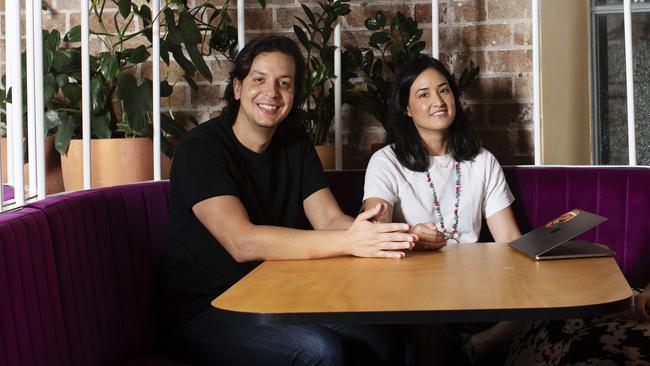
Artificial intelligence will remain a major investment theme this year, but some sectors such as gaming will get the flick as venture capitalists throw out the 2023 playbook and home in on what went well and what didn’t over the past 12 months.
Over the next few months several firms are also seeking to raise new funds to deploy into the growing AI economy in Australia, while others say they have enough dry powder to last the year ahead.
At one of the nation’s biggest firms, Blackbird, partner Michael Tolo said the fund had positioned itself to invest further in AI this year.
“I’m excited about the new ways that companies will find to configure modern AI tooling,” he said. “This wave of AI has advanced much more quickly than I think anyone could have expected and the progress is astonishing.”
Reflecting over the past few years in the VC sector, Mr Tolo described 2021 as “the peak”, 2022 as the year of “readjustment” and 2023 as the year of “stabilisation”.
“While we’re still certainly far away from the highs of 2021, we’ve seen founders adjust and recalibrate to the macro conditions. That stabilisation has made it a little easier to project what the future looks like from this new base,” he said.
“I think we’ve long held a view that founders thrive in a constrained environment. Less capital available means more constraint, which for the best founders breeds better focus.”
While some of the tougher recent environments had shown which founders were “relentlessly resourceful” and who “could do a lot with a little”, ultimately VC funds had a responsibility to bear part of the risks, he said. “As a venture capitalist, one of the greatest risks you can take is not taking enough risk to believe in founders and support things that have not yet been demonstrated.”
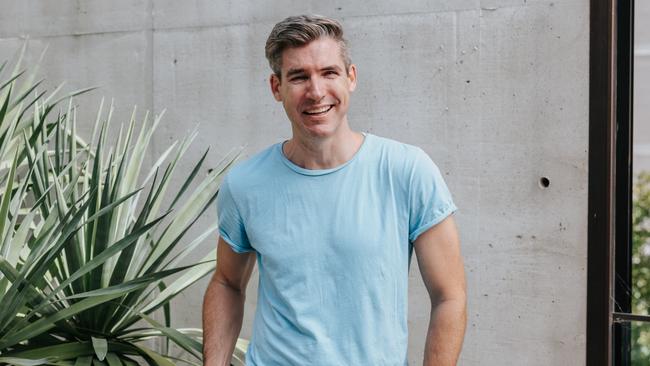
Over at Square Peg, start-ups dabbling in AI are also of major interest. Partner James Tynan admits it was hard to avoid the explosion of the technology.
“We have never seen anything like the acceleration in capability that is happening in AI right now and we believe it has the potential to be as transformative as the shift from offline to online but it’s happening so much faster so it has been a huge focus for us,” he said.
Square Peg had been investing in AI for a little over a decade, with 16 native AI businesses in its portfolio, he said.
One area Square Peg has its eye on in 2024 is healthcare, with Mr Tynan confident that newer technologies will revolutionise hospital and clinical care.
“I think what is really interesting about that is that clinical software has traditionally been a hard slog of a sale, like really hard to get people to adopt,” he said.
Driving that change were clinicians, he said, who were going out on a limb and looking for their own products to adopt online and experimenting with new applications and systems. “That’s pretty unheard of when it comes to healthcare and that level of speed in a go-to market motion signals to me that there’s interest on both sides of the market,” he said.
AI was also playing a major role in climate and energy, and Square Peg had its eyes on start-ups experimenting in the sectors.
Speaking of one of Square Peg’s portfolio companies, Neara, a climate start-up running simulate testing of energy infrastructure, which raised $15.25m this year, Mr Tynan said the way in which AI could be used to help perform engineering analysis on energy infrastructure had in some cases reduced the need to send people out in the field to perform testing altogether.
In terms of the level of investment expected from VCs in 2024, Square Peg did not see a major difference compared to what took place in 2023, he said.
Square Peg will raise a new venture capital fund late this year.
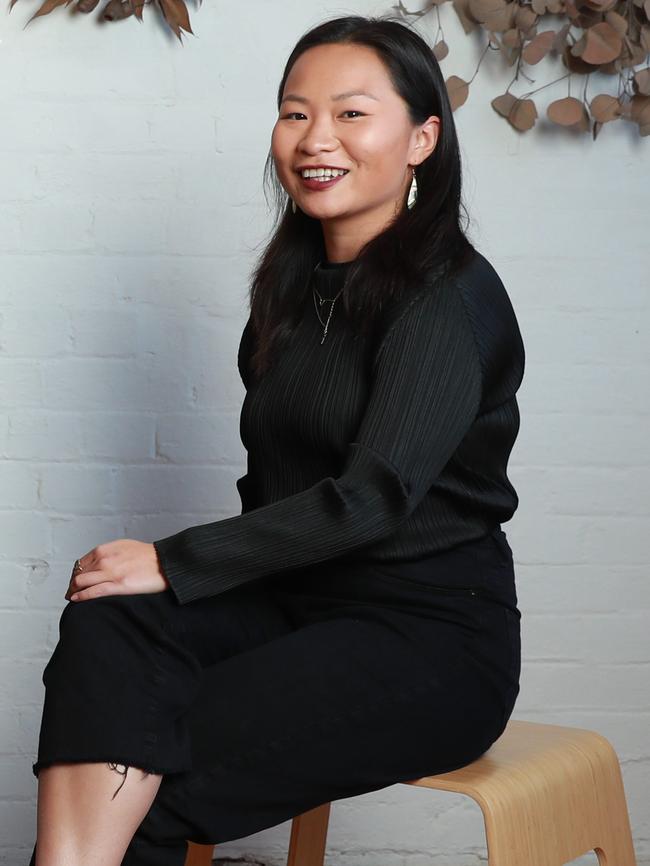
At AfterWork Ventures, partner Jessy Wu said the firm had been preparing itself for two new waves it believes would take off this year. The first was spatial computing, with the use of devices such as Apple’s Vision Pro – a mixed reality headset – changing the way people used applications and software.
“I think the reason it’s exciting is because it’s probably going to unlock a new form factor for interacting with the digital world,” she said. “We’re predicting these immersive digital experiences where your ability to input into the digital world is going to be massively accelerated from currently clicking on a mouse and typing on a keyboard to being able to use precision eye movements.”
Another area AfterWork and Ms Wu have their eyes on is VTubers, which is a field in which people use virtual avatars or computer vision to generate masks or alter their appearance online.
“I think that’s interesting because it probably allows a new cohort of people to actually be creating content on the internet and building these parasocial relationships,” Ms Wu said.
This new era of entertainment allowed people who might be able to perform well online but wished to keep their identity private to create and possibly monetise online content, she said.
“It’s an internet phenomenon that’s probably still relatively niche, but I think is gaining momentum because you know the AI to create this kind of content is getting better.”
In fintech, Ms Wu said she believed credit cards would be disrupted due to the New Payments Platform, a new payment method that allows people to pay for items online with the use of their bank account the same way they would a credit card.
This method, which Ms Wu said would be more secure, removed the need for card fees and could settle instantly. “There’s also initiatives to roll this kind of thing out at petrol stations or at Woolworths so being able to bypass credit cards entirely as a form of payment,” she said.
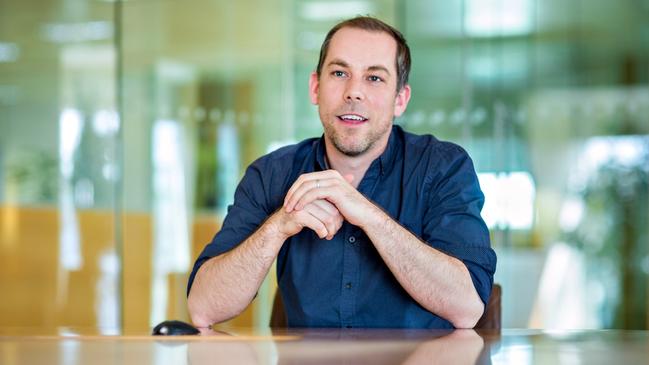
At AirTree, partner James Cameron said 2023 was “the story of two halves”.
“Certainly towards the end of 2022 and the first half of 2023, it was a challenging period for most start-up founders not just in Australia but everywhere,” he said. “The cost of capital had a profound impact on start-ups everywhere.”
However, in the latter half of 2023, the market had passed the bottom of the cycle, he said. “We’re seeing a renewed appetite for risk assets all over, not just in technology start-ups but also in the public markets where we’ve seen a run-up in the crypto markets. So it feels like it’s shaping up for an exciting year next year.”
Mr Cameron said it was always hard to predict where the next great start-up would come from and that some simple analysis would point towards something coming out of mining technology, financial technology or healthcare “just because that’s where the economy tends to be skewed”.
However, that sort of view would miss the likes of Canva or Atlassian. “The job of a VC is not to predict the future. We just have the privilege of being able to work with people who are out there trying to build the future and our job is to try to help them scale it,” he said.
One or Mr Cameron’s largest predictions is that over the next decade tech will become Australia’s largest export.
“It will leapfrog mining and financial services in a way that I think is important for us to be dragging our economy kicking a screaming out of the 20th century and becoming known for something more than just digging stuff out of the ground,” he said.
“The reason I’m confident in predicting that is because of the trends, and the frequency of start-ups being started in Australia has just increased so substantially over the last 10 years.”
As for the VC industry itself, Mr Cameron said he believed there would be a “turning point” this year.
“One of the realisations that a lot of VCs had in the last couple of years is that it is not just about investing money, it’s also about returning money to investors,” he said. “There’ll likely be a large shake-out with people having realised that actually returning money is quite difficult.”
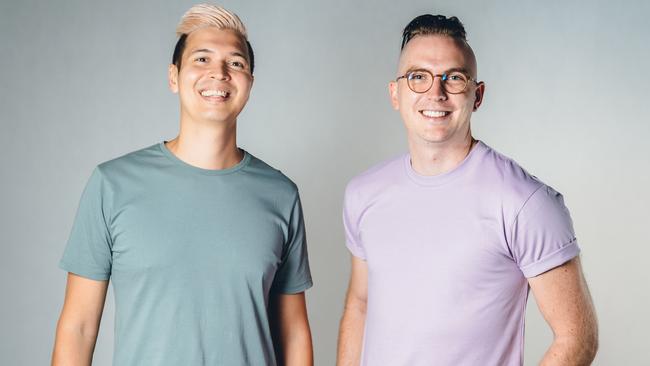
Galileo Ventures is another fund that will raise this year. Co-founder James Alexander described 2023 as a slowing of the market, performing similar to pre-pandemic levels.
“In some ways we’ve just gone as if this year was 2020,” Mr Alexander said. “The slowdown is not just simply people taking longer to do due diligence, there’s a bigger trend around what VCs like to invest in, and that seems to be evolving.”
Between 2010 and 2020 it was clear there was a huge appetite for software-as-a-service and enterprise start-ups, he said, adding: “That’s where a lot of Australians made a lot of money, whether that was from Atlassian or Canva”.
However, going into 2024, the appetite for enterprise software “was not as compelling”, which he said may have come from the results of enterprise start-ups listing in public markets.
Many start-ups that were told across the board to avoid raising capital at all costs in 2022 were now back in the market for new funds, and those that had raised at an inflated valuation would probably be met with more pain as they raised what’s known as a down round – at a lower valuation, he said.
As for where Galileo will invest this year, the firm had its eyes on climate tech, AI and critical technology start-ups covering industries such as space, energy, government and defence.






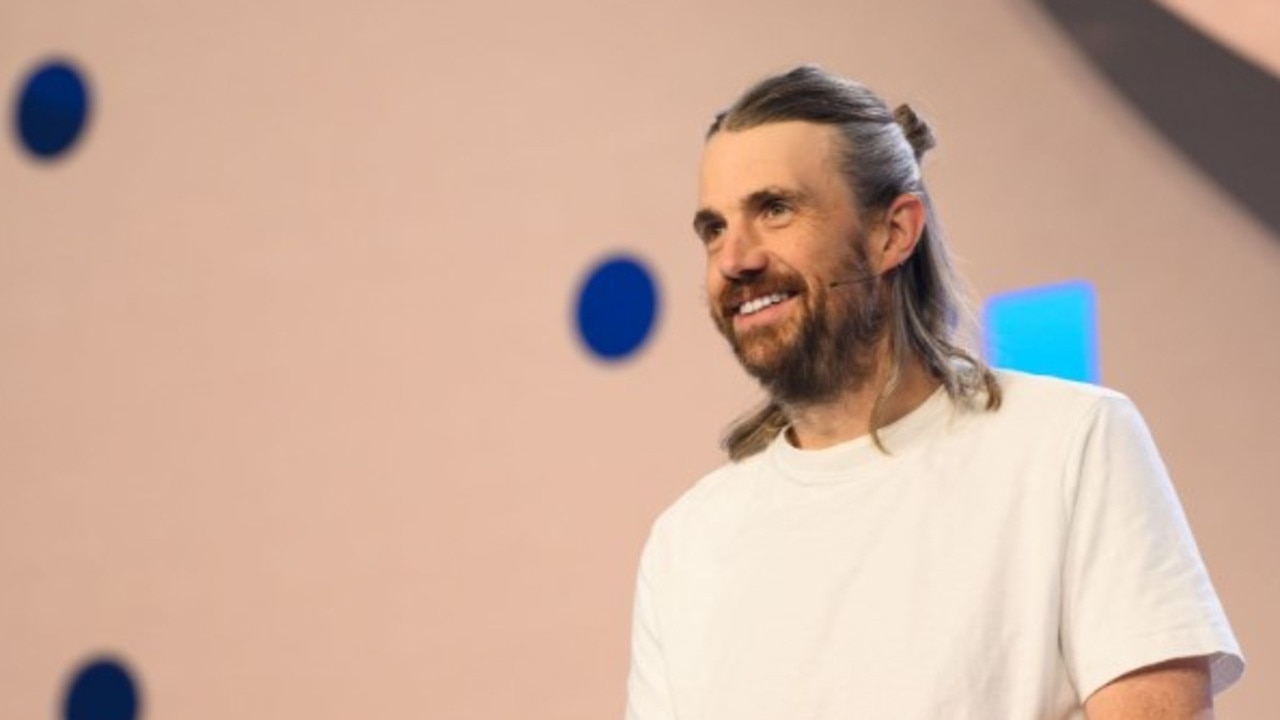
To join the conversation, please log in. Don't have an account? Register
Join the conversation, you are commenting as Logout